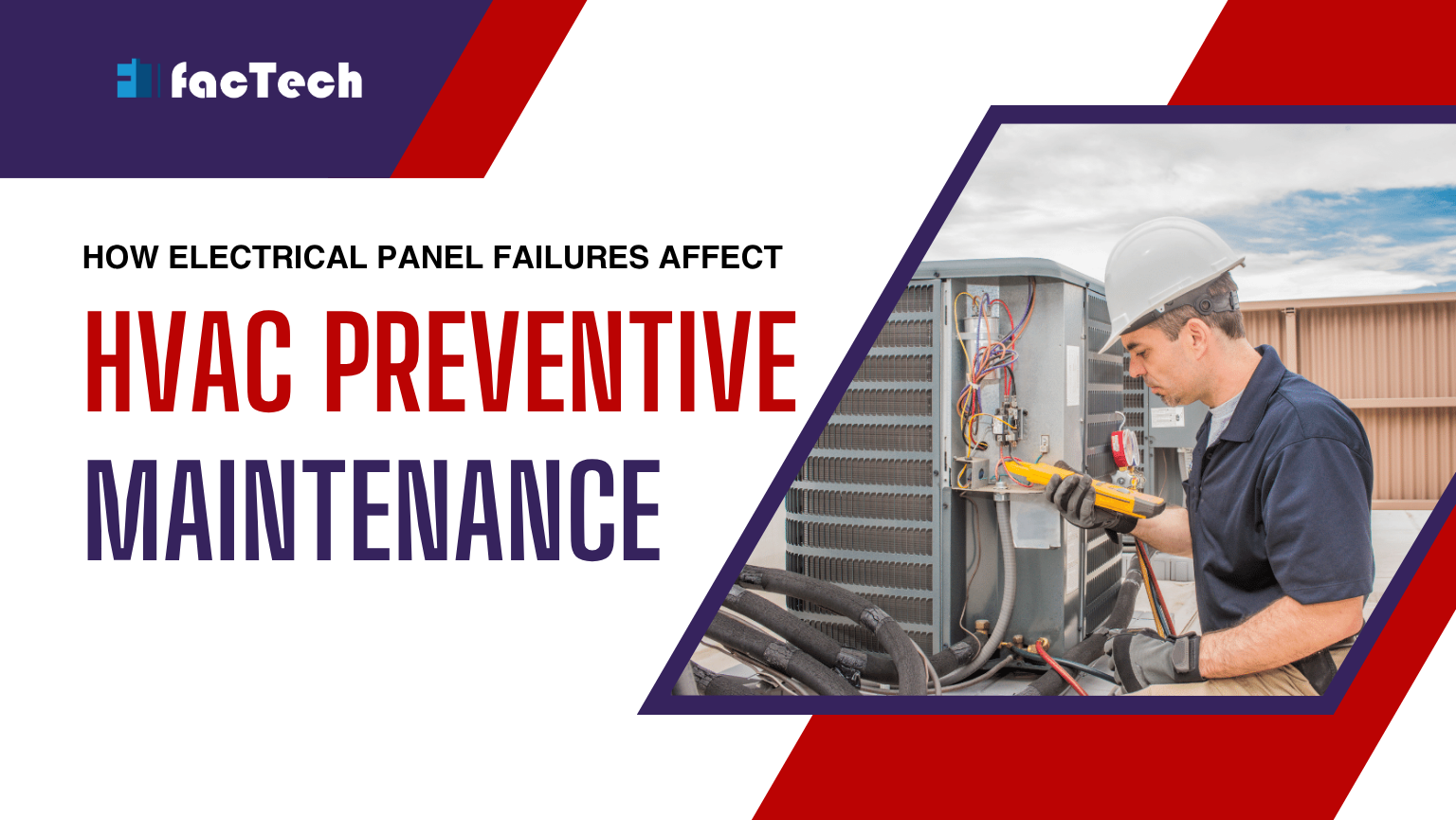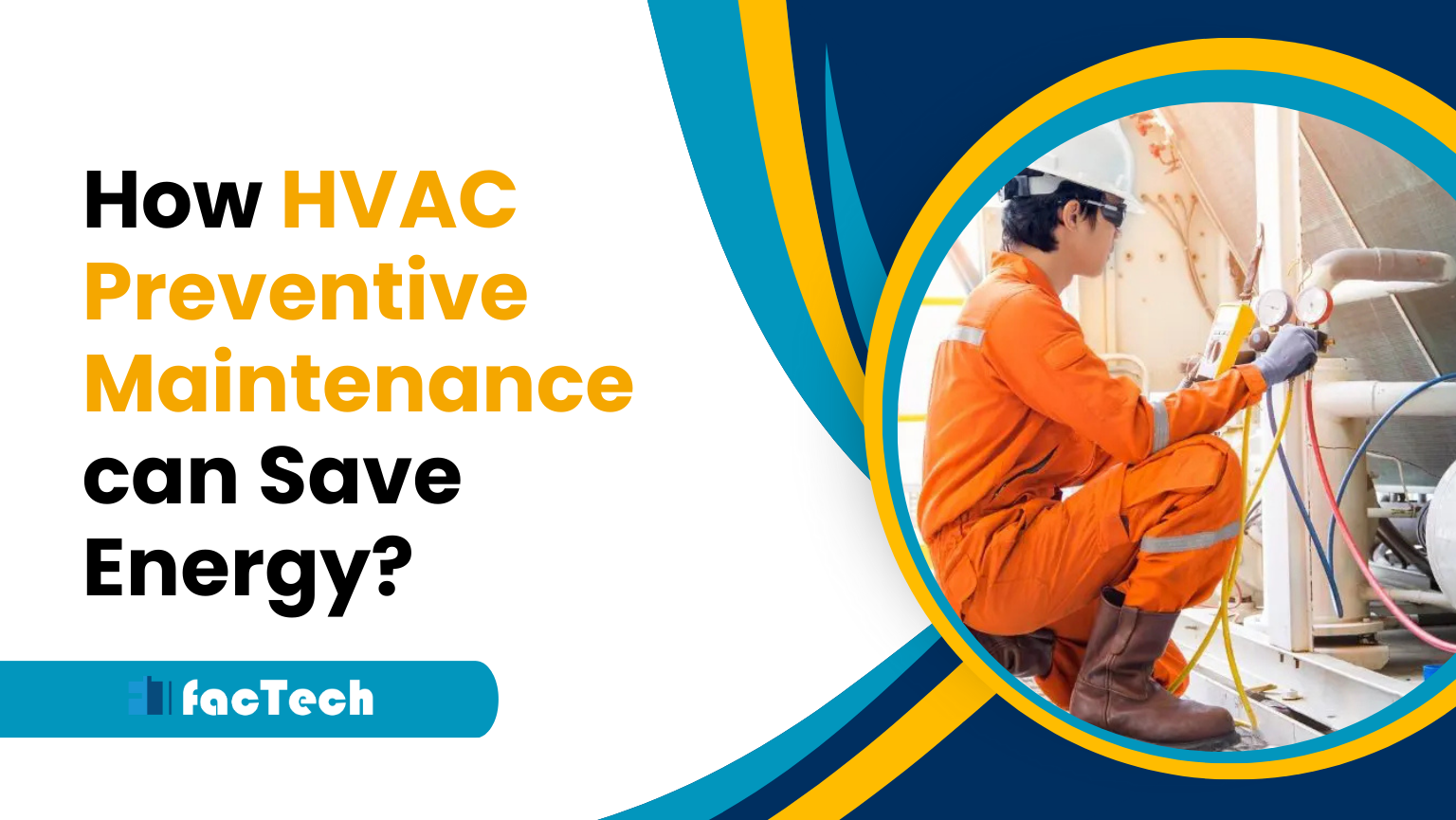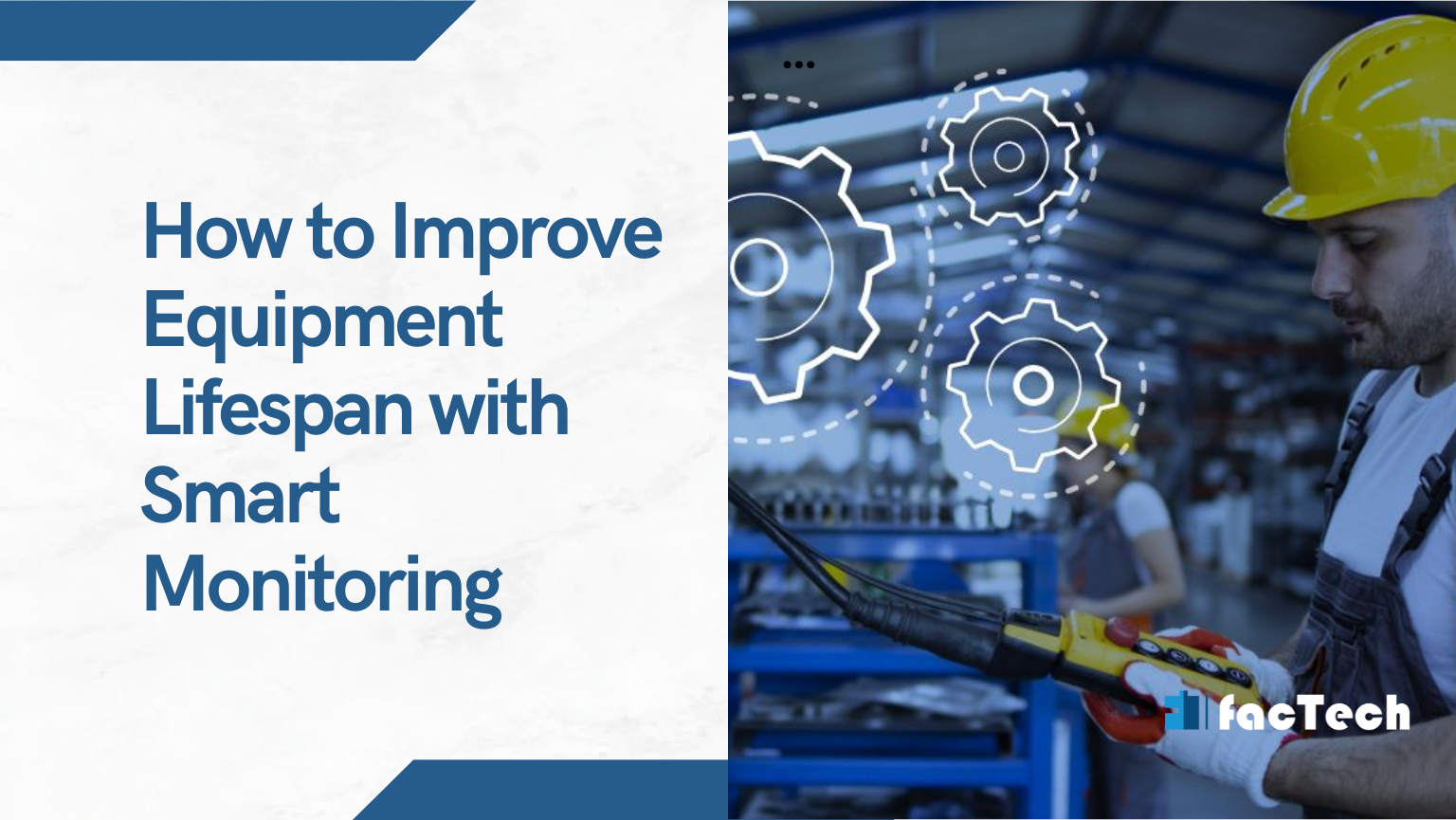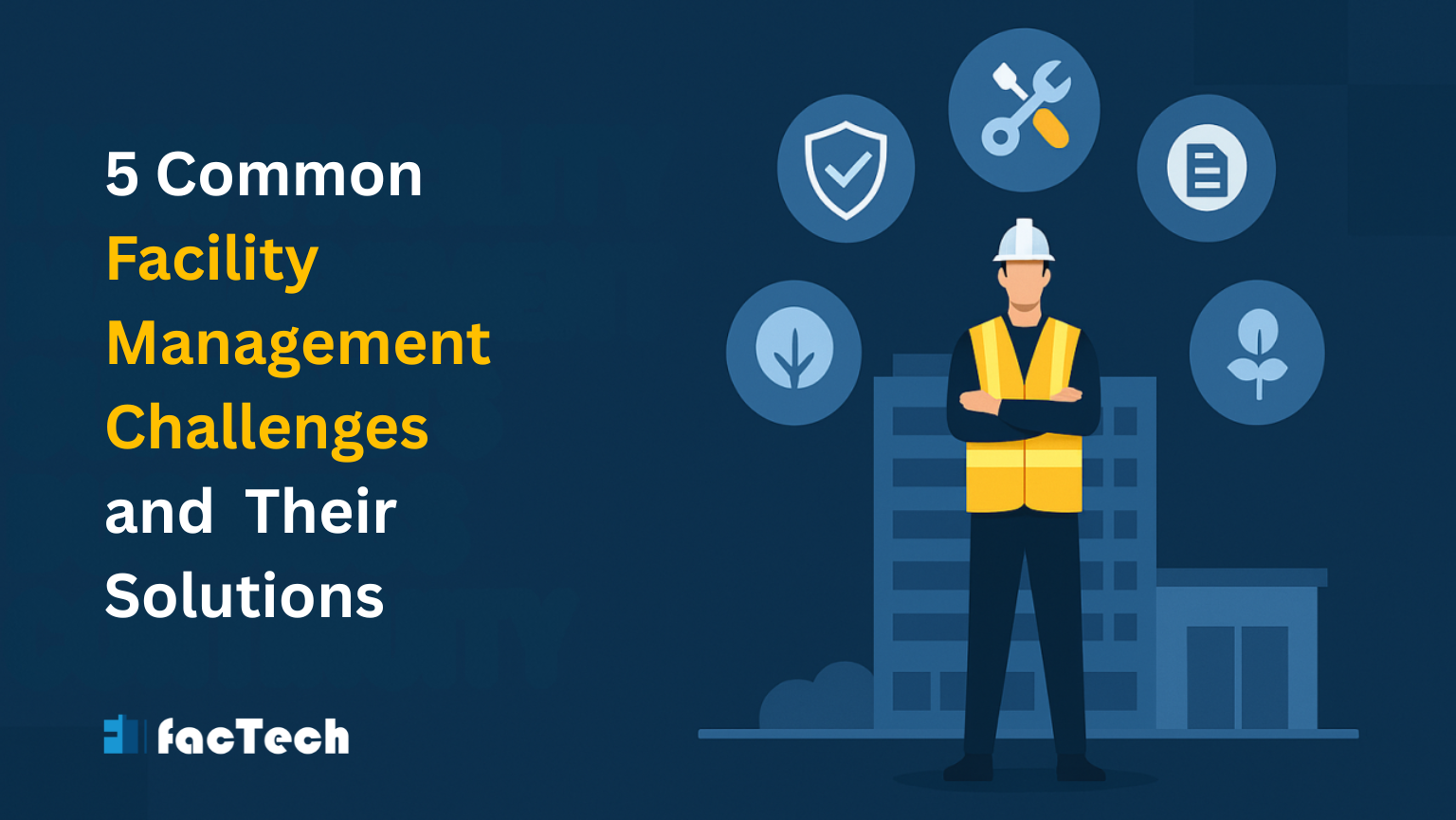How Electrical Panel Failures Affect HVAC Preventive Maintenance?
Perfect operation of a modern facility depends on every component of its complicated ecology. HVAC (heating, ventilation, and air conditioning) systems offer occupant comfort, air purity, and sensitive equipment protection that are most crucial. Facilities managers utilize a preventive maintenance system for HVAC precisely to improve uptime and efficiency. But the breakdown of the electrical panel is a typical but largely ignored problem that can substantially undermine their efforts.
The condition of your electrical panels directly relates to the lifetime and performance of your HVAC system. Ignoring this critical link could lead to unexpected failures, costly emergency repairs, and significant impairment even of the most robust preventative maintenance plans.
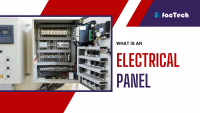
What is an Electrical Panel?
An electrical panel basically acts as the center for controlling the power supply in your facility. From the main power line, it provides electricity to all the outlets, lights, and appliances in your building. Among the components located inside the panel that collaborate to control electrical flow and prevent overloads are safety switches, wires, and circuit breakers.
Maintaining the finest possible condition of your electrical panel calls for both regular maintenance and inspections. Apart from ensuring the flawless operation of your electrical system, a well-maintained panel reduces the chance of safety hazards such as power surges or electrical fires.
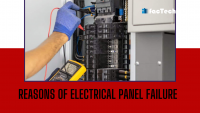
Reasons of Electrical Panel Failure
Electrical Panel Overload
An electrical panel overloads when it controls more electrical demand than it was meant to handle. Clearly telling signs that something is awry are flickering lights, regular breaker tripping, and even burning smells. Overloads usually result from too many devices hooked to one circuit or from older panels unable to meet modern power consumption.
Tripped Circuit Breakers
Made to guard your building from electrical hazards, circuit breakers cut off power in the case of an overload or short circuit. On the other hand, regular tripping of your breakers could indicate a condition needing maintenance.
Hissing or Buzzing Noises
A buzzing or hissing sound coming from your electrical panel indicates that something is amiss. These noises typically signal problems with circuit breakers, poor connections, or defective wiring. Electrical fires are one of the major safety risks that might result from ignoring these sounds.
Strange Heat or Burning Odors
Your electrical panel is a major warning sign if it feels abnormally warm or smells like it’s burning. These symptoms frequently point to loose connections, malfunctioning wiring, or overheating parts. Ignoring these signs can put your property at serious risk for electrical fires and other safety issues.
Regular Power Outages
Power surges are abrupt increases in electrical voltage that might endanger your safety as well as harm your appliances. Frequent power surges might be a sign of underlying electrical problems in your building, even though occasional surges might not appear concerning.
Older Electrical Panels
An antiquated electrical panel might not be able to handle the higher electrical needs of today or meet current safety regulations. Power inefficiency and electrical fires are two safety hazards associated with older panels, particularly those that employ fuses rather than circuit breakers.
Wiring Fault
Electrical fires, short circuits, and power outages are just a few of the major safety hazards that can result from wiring flaws in your electrical panel. Intermittent power problems and even appliance damage can result from loose, damaged, or incorrectly fitted wires.
Dead Switches and Outlets
In addition to being an annoyance, dead outlets and broken switches may be signs of more serious electrical issues in your building. These problems might indicate old parts that require urgent repair, tripped breakers, or wiring flaws.
Effects of Electrical Panel Failure on HVAC System
Rapid HVAC Shutdowns:
This affects the most immediately and disruptively. A tripped breaker, a short circuit, or a panel failure will quickly eliminate power to your HVAC unit, causing unanticipated downtime and maybe dangerous or uncomfortable inside conditions. This drives reactive maintenance, therefore distorting resources from expected PM responsibilities.
Lower HVAC Lifetime and More Wear:
Sensitive HVAC components may be prematurely worn down by uneven power supply, voltage swings, surges, or brownouts resulting from an unstable electrical panel. Particularly sensitive to poor power quality are motors, compressors, control boards, and variable frequency drives (VFDs), which causes early failure and increased replacement costs.
Ineffective PM Schedules:
Should the underlying electrical panel be defective even during your planned preventive maintenance for your HVAC equipment, the PM efforts may not solve the fundamental source of ongoing problems. A cleaned filter or lubricated motor won’t offset uneven power delivery, which causes frequent breakdowns even with “successful” PM.
Compromised Safety:
Overheated electrical panels create a major fire hazard. For maintenance professionals operating on HVAC systems, faulty wiring can cause electrical shocks even in cases of believed stable or off power.
More Reactive Maintenance and Expensive Costs:
Every unscheduled HVAC outage results in emergency calls, faster parts delivery, and maybe overtime work. This changes your planned, reasonably priced PM maintenance budget to one for costly, disruptive reactive repairs.
HVAC Controls’ Data Integrity Problems:
Modern HVAC systems run on complex digital controls and sensors. Diagnostics are more difficult when inconsistent power from a failed electrical panel corrupts these control systems, producing erroneous readings, erratic behavior, or total system failures.

Preventive Maintenance Systems Designed by Factech: A Proactive Solution
A conventional, isolated approach to PM is no longer adequate to really protect your HVAC investments and maximize your maintenance plan. This is where modern, integrated preventive maintenance system such as Factech’s become indispensable. Factech provides a solution that not only controls HVAC PM but also actively monitors the electrical infrastructure driving facility assets since it understands their connectivity.
- It offers unified asset management, electronically tracking every asset, including HVAC systems and electrical panels to link their condition.
- Through IoT sensors detecting temperature, current, and voltage irregularities, it provides proactive monitoring of electrical assets that fires off instant alarms.
- The solution offers intelligent PM scheduling and triggers, therefore enabling data-driven insights from HVAC performance to enable electrical panel inspections.
- When anomalies are found, it generates work orders automatically, therefore guaranteeing quick reactions to possible problems.
- Factech uses analytics from both HVAC and electrical systems as well as historical data to spot trends, forecast breakdowns, and enable really predictive maintenance.
- Ground staff members have mobile access, which lets technicians view checklists, get notifications, and handle fieldwork orders.
- The technology helps with compliance management, guaranteeing that electrical safety criteria are satisfied and so lowering risks.
- Factech uses real-time data and automated procedures for effective technician allocation, hence optimizing resource use.
The bottom line
Electrical panel failures pose a direct and severe threat to the reliability, efficiency, and safety of your HVAC systems. Using advanced preventive maintenance system such as Factech’s will enable facilities managers to apply a comprehensive, data-driven approach. This helps in actively monitoring HVAC systems as well as their key electrical power sources. For any modern facility, this combined strategy guarantees continuous service, extends asset lifetime, lowers costs, and better maintenance. Contact us for more details and to get free demo.
FAQs
Q: What are the signals of a failing electrical panel?
Typical indicators are flickering lights, repeated breaker trips, buzzing sounds, and a burning smell close to the panel. You might also find appliances not running correctly, scorch marks, or warm outlets. These symbols indicate when a professional inspection is due.
Q: When is it essential to upgrade an electrical panel?
If your panel is obsolete, employs fuses instead of circuit breakers, or cannot meet current demand, you should upgrade it.
Q: What is the main benefit of Factech’s Preventive Maintenance System?
By proactively monitoring electrical infrastructure, eliminating breakdowns, and guaranteeing flawless operations, Factech’s system helps protect HVAC investments and maximize maintenance.
Q: How does Factech’s system apply data for maintenance?
It gathers historical data, employs IoT sensors to monitor electrical panels in real time, and utilizes analytics to forecast problems. It also set off automated maintenance orders, and maximize scheduling.
